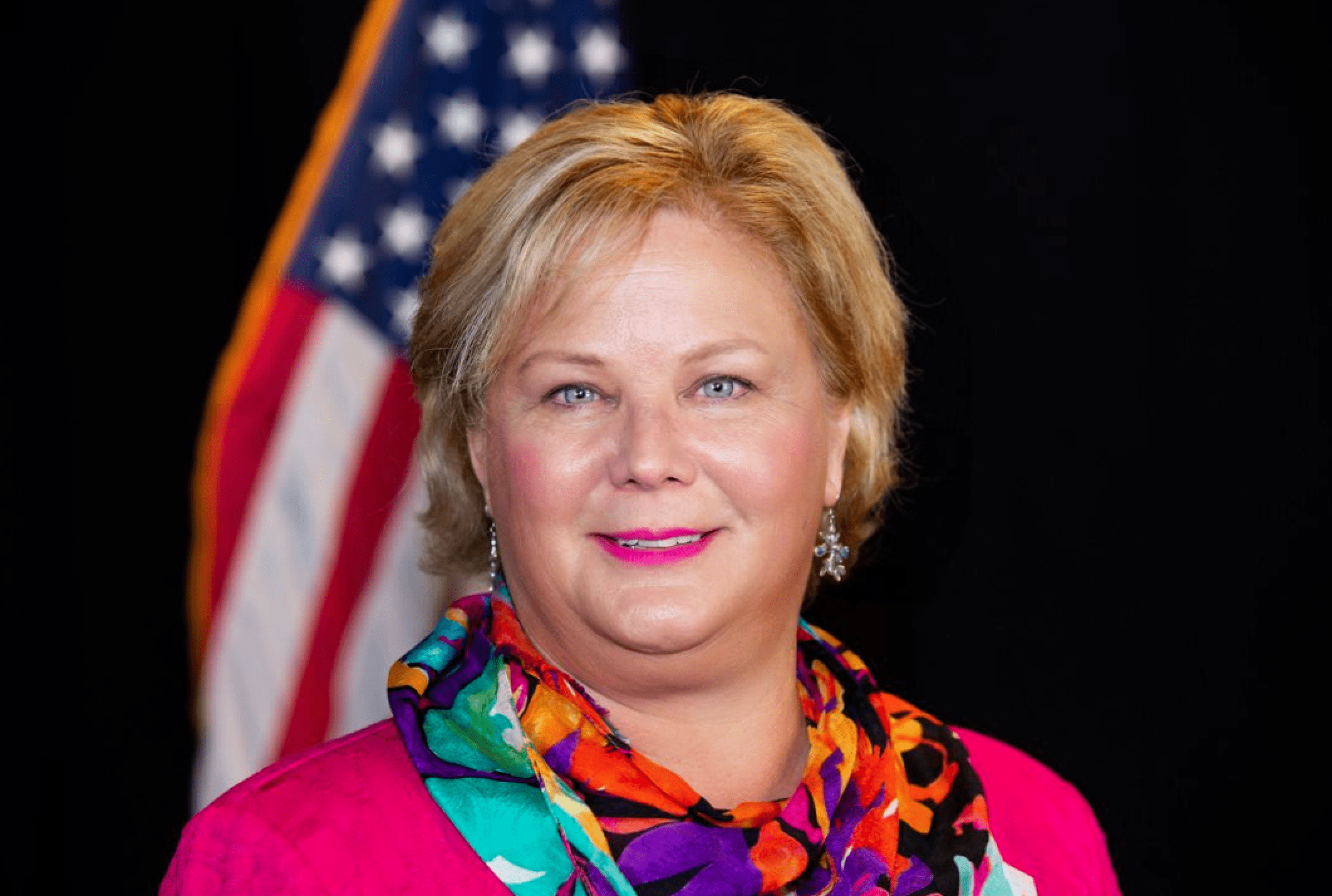
Call Your Senators and Representative
The debate on setting national priorities is underway from paid sick leave for all employees and paid family care. Pass the Credit For Caring Act this year. It has seventy-four sponsors in the House and twenty-two in the Senate to date. Bi-cameral, bi-partisan support for this $5,000 tax credit should indicate that this Act’s time has come.
Government Child Tax Credit Reduced Poverty Rate
Passing the child tax credit is the best parallel to this caregiver tax credit. The Child Tax Credit means 5.2 million children now live in homes above the poverty line. According to a recent analysis by the Joint Economic Committee Democrats, child poverty has dropped a record 5.2% in 2021 citing the US Census Bureau. In fact, this tax credit is being touted as the most successful program in the American Rescue Plan. In addition, American families deserve our federal support as the cost of childcare and raising children are driving parents to working two and three jobs to survive.
Caregivers Need Government Relief
Imagine if we treated the 36 million unpaid family caregivers with the same support as we do parents and children. Like raising children, caring for a family member is expensive, straining family budgets. According the AARP Caregivers provide $660 billion annually in unpaid care to their loved ones. Care is provided for people of all ages whether it is a terminally ill child, a parent, or other vulnerable family members.
Today’s caregivers take on the physical, emotional, and financial challenges which greatly increased during the pandemic. Therefore, caregiving can be costly both in terms of out-of-pocket expenses paid to assist their loved ones and potential income and retirement savings foregone. The support provided by family caregivers also helps save USA taxpayer dollars by assisting in delaying or preventing expensive nursing home care and unnecessary hospital stays.

The Credit for Caring Act of the USA Government
A bill to amend the Internal Revenue Code of 1986 to provide a nonrefundable credit for working family caregivers was introduced by Senators Ernst, Warren, Bennet, and Capito last year. Representative Linda Sanchez is the sponsor of the House version of the bill would provide much-needed financial relief.
The Act would create up to f$5,000 non-refundable tax credit family caregivers. Moreover, the amount of the credit would be 30% of the qualified expenses paid or incurred by the family caregiver above $2,000, up to a maximum credit amount of $5,000. It would help offset the out-of-pocket costs, such as home safety modifications, respite care, home care, transportation, smart technologies, and more. In addition, this bill would help eligible working family caregivers caring for loved ones of all ages, regardless of whether they live with their loved one or if their loved one is a dependent.
American Families Need Relief
Passing this tax code change is urgent as the size and composition of the American family continue to change. This issue impacts every generation as children are caring for parents in record numbers. In fact, we have more family caregivers who have spent their own nest egg on caring for the last resulting in an even more impoverished generation that now relies on younger families to support their retirement. How can we justify the burden we are heaping on our youngest generations?
Contact Your Legislators, Caregivers Deserve Tax Relief
I have included many facts in this post for your personal message to your Senators to pass S.1670 and Representative to pass H.R.3321.
Contact your congress person.
Yours in Health,
Monica




